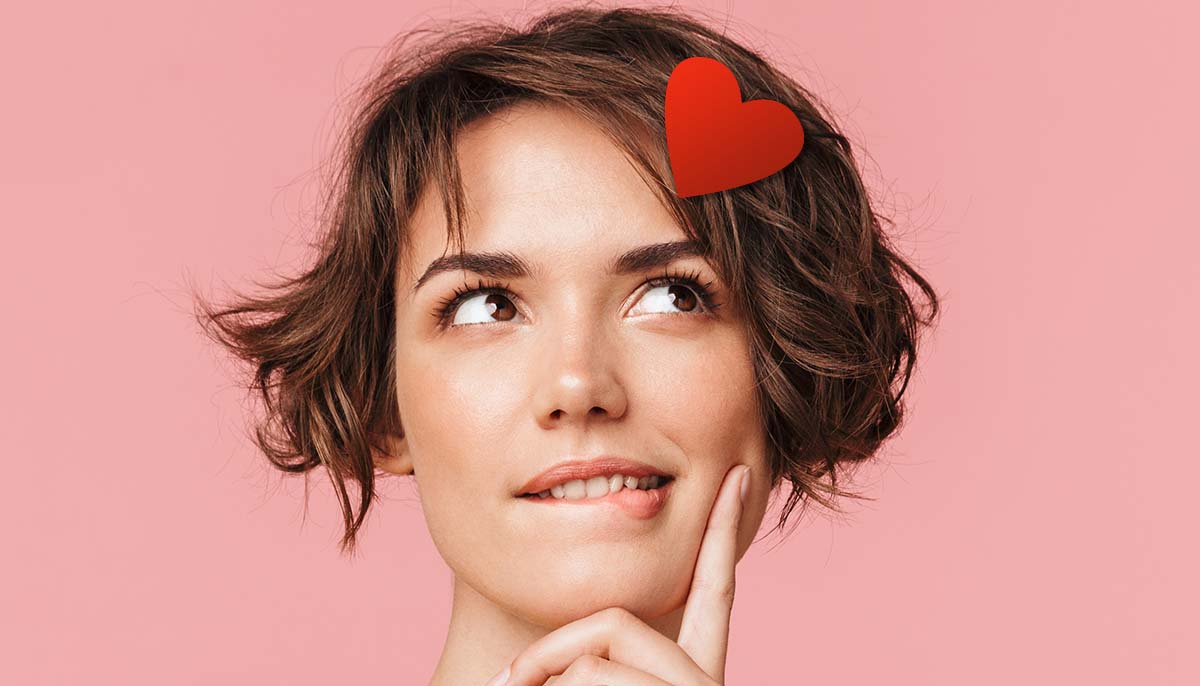Shutterstock
When you fall in love, you might think it’s something beyond your control… but the truth is that those sweet, blissful feelings don’t exactly come from your heart.
Instead, your brain is simply becoming overloaded with various hormones and chemicals. Pretty romantic, huh?

When you first become attracted to someone, the part of your brain known as the ventral tegmental area recognizes a potential reward and starts to produce dopamine. Dopamine is what makes you “feel good.”
Dopamine travels along the mesolimbic pathway and urges your brain to pay attention to things that might bring your body pleasure, making you want more and more–and boy, is your brain willing to deliver.
As your dopamine levels grow, so do other chemicals, including norepinephrine and adrenaline, and you eventually become a hopelessly lovestruck human. Alas.
Related: Study Proves That You Love Your Pet More Than You Love Other People
Here’s one big downside to falling in love–your brain literally takes away your ability to make good judgment calls by deactivating your amygdala. That’s what controls your perception of anger, sadness, and fear.
That means no matter what your newfound love might do, you’re likely to excuse it because, after all, you’re in love.
Your pesky brain not only deactivates your amygdala, but it also decides that you don’t need silly things like logic or common sense. William Shakespeare even tried to warn you with his infamous line from “A Midsummer’s Night Dream.”
“Love looks not with the eyes, but with the mind, and therefore is winged Cupid painted blind.” But did you listen? Doubtfully. Your mind was too busy being flooded with visions of wedding rings and swan-shaped ice sculptures.
Related: Woman Swallows Her Wedding Ring While Having a Nightmare
Yes, the end game that your brain is trying to push you to achieve is the act of procreation. Your brain wants you to set forth, get excited, become impulsive and help ensure that the human race will continue to exist.
But to put it scientifically, your brain releases oxytocin, a neuropeptide better known as the “love hormone,” when you have physical contact with another person.
On the bright side, oxytocin also exists to help create strong bonds among mammals, so all of that hugging and kissing can only make your relationships stronger over time.